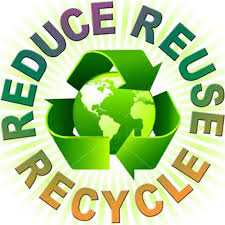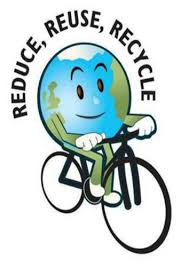 December 2018
December 2018
On a personal level following this useful advice is easy for those who wish to help the environment. Reusable bags and purchasing products with less packaging can reduce the amount of waste we produce.
It is more difficult for condo communities to implement what appears to be this simple and practical concept. There are cultural barriers, cost considerations, education and resident turnover to consider.
As waste disposal gets easier with condo living, the ability to influence individual behaviour is more challenging. Where waste is disposed of in a trash chute on each floor with recycling and organics physically transported to a central location, many will opt for the easier solution of dumping everything in the trash chute. The anonymity of condo living makes it easy for individuals to discard unwanted items in the nearest disposal bin or trash chute without consideration. Discarded items are mostly untraceable thus making it more difficult to enforce waste reduction efforts. The convenience of waste disposal overrides the value of separating recycling and organics.
Municipal waste audits confirm that recycling rates are dramatically lower in multi-residential buildings than single family homes.
Newer condo buildings incorporate tri-sorter trash chutes while allow waste, recycling and organics to be discarded on each floor thus increasing waste diversion and reducing overall collection costs.
Incentives are there for condo communities successful in diverting waste from landfills. Reduced waste collection costs help keep condo fees down.
 Condo Community Waste Reduction Tips
Condo Community Waste Reduction Tips
- Utilize free marketing material from the city or region, or your waste disposal service, to educate residents on waste reduction and diversion.
- Create a swap table where residents can leave reusable items that are in good condition. This is a great way for residents to share and reuse items that would otherwise be discarded. A complement to this is a virtual swap site where residents can post pictures of unwanted items they are looking to give or trade along with contact information.
- Clothing can be recycled through use of clothing donation bins maintained and emptied by local charity organizations.
- Recycle electronic waste including end-of-life electronics in an environmentally sound way by utilizing local municipal programs that pick up these items. Metals, glass, wires and cables from unwanted electronic items can be reused in new products.
Hazardous materials include items that should not be put in waste or recycling systems. They include batteries and fluorescent lightbulbs. Items can be picked up by municipal services or dropped off at hazardous waste depots.
Collect beer and liquor containers in a central location. Return them to the local Beer Store or LCBO. Use return deposit fees to fund community events or as a donation to a local charity.



